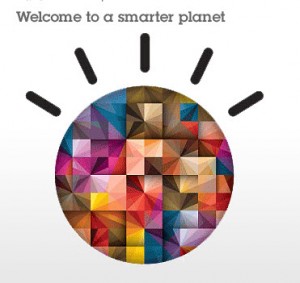Yahoo’s Going to Get its Exclamation Back!
I would not be surprised to see Yahoo sold to Jerry Yang and the Texas Pacific Group (TPG) fairly quickly. Yahoo, with lots of schmutz on its shoes, is still one of the top 5 tech brands in the world. And what is a brand but a vessel into which we poor meaning. Organized meaning. Yahoo’s fix requires an Is-Does. What a brand Is and what a brand Does.
Is it a portal?
Is it search engine?
Is it an advertising company?
Is it a web content publisher?
Is it a technology company?
Does it provide news?
Does it provide entertainment?
Does it provide organization?
Does it provide results?
Yahoo needs to retrench and make tough decisions — and that will only happen if the property is sold. A public company with lots of shareholders, Yahoo will get its Yahoo! back with new leadership, some old leadership, tough love, and a brand plan. And when I say brand plan I don’t mean a new logo, new color palette and an replacement agency for Goodby, Silverstein and Partners. I mean an organizing principle for marketing. A plan that inform every decision made by the company — from hiring to firing to what new mobile services to launch.
When dimensionalized through obs and strats, a brand plan creates marketing clarity. TPG doesn’t speak like this, but they know how to make it happen. It’s about time. Peace.





